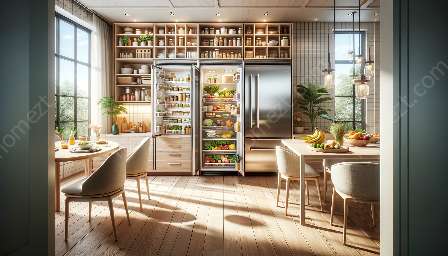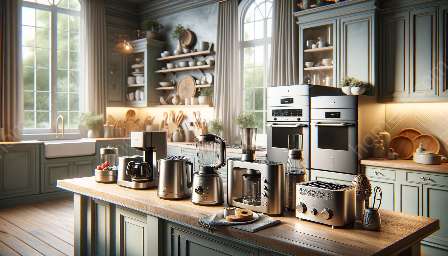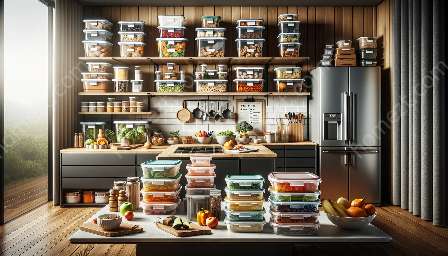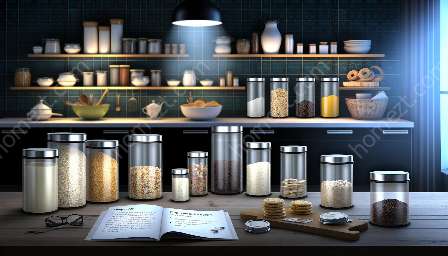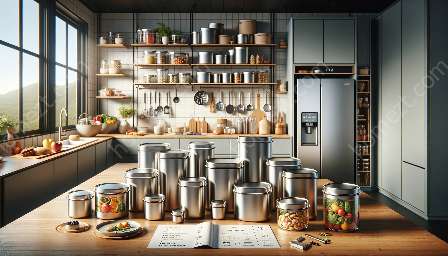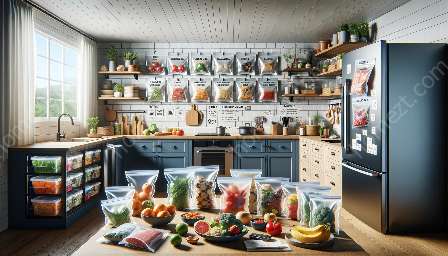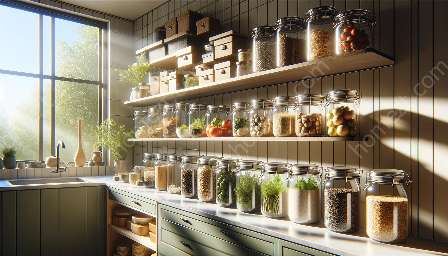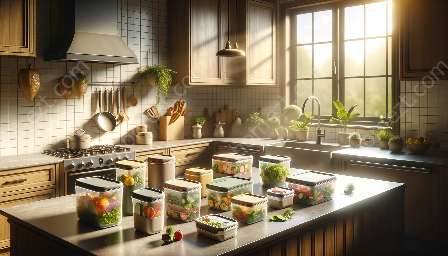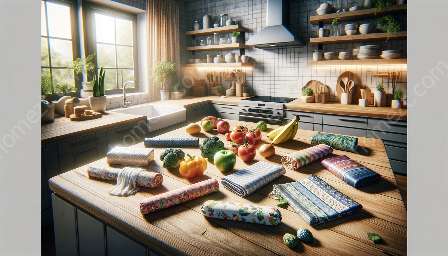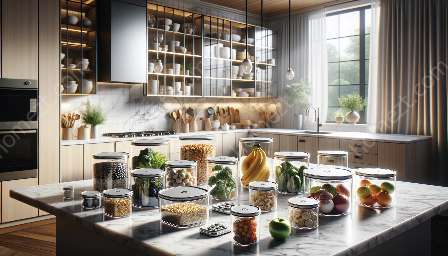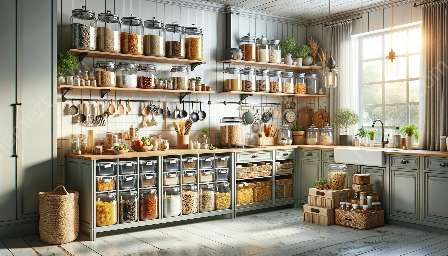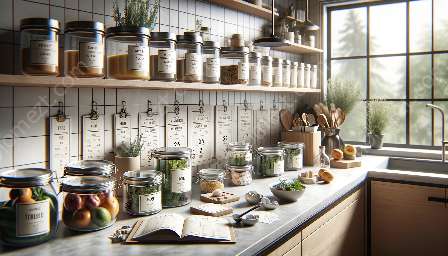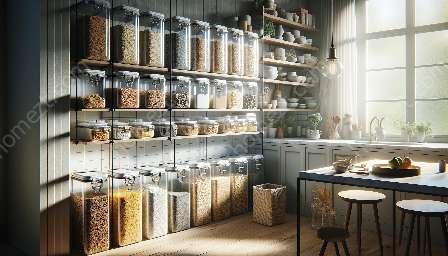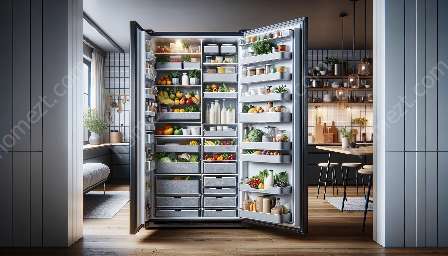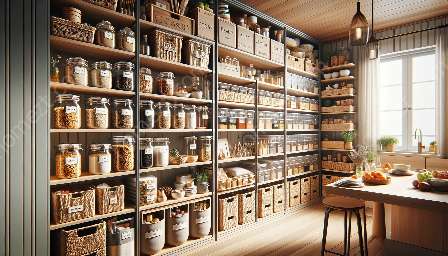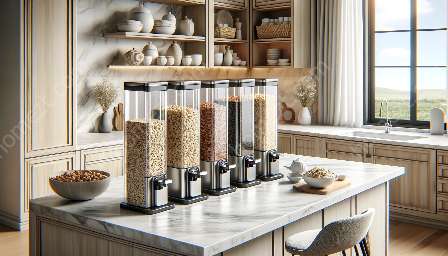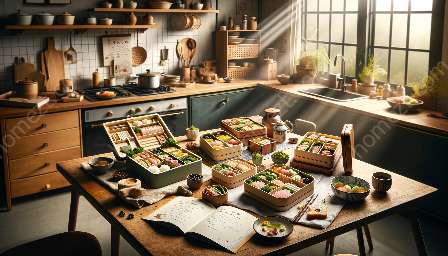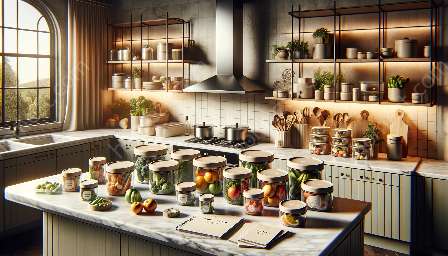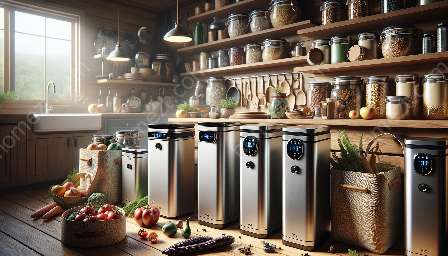Proper food storage is essential for maintaining freshness and preventing waste. In your kitchen and dining area, as well as your home and garden, effective food storage ensures that your ingredients and meals are kept at their best.
Kitchen and Dining: Ensuring Freshness and Organization
In the kitchen and dining area, food storage plays a crucial role in maintaining the quality of ingredients and prepared meals. By utilizing proper storage methods, you can prolong the shelf life of perishable items and maintain the flavor and texture of your dishes.
Tips for Food Storage in the Kitchen and Dining Area:
- Organization: Use labeled containers, clear storage bins, and tiered shelves to keep your pantry and refrigerator organized. This not only ensures easy access to ingredients but also helps prevent food from getting lost or forgotten.
- Refrigeration: Store perishable items such as dairy products, raw meats, and fresh produce in the refrigerator at the recommended temperature to prevent spoilage.
- Freezing: Utilize freezer-safe containers and bags to store excess food items or prepared meals for future consumption. Properly labeled and dated items help you stay organized and minimize food waste.
- Preservation Techniques: Explore various preservation methods such as canning, pickling, and fermenting to extend the lifespan of seasonal fruits and vegetables.
Home and Garden: Embracing Sustainable Food Storage
In your home and garden, sustainable food storage practices contribute to reducing environmental impact and supporting a self-sufficient lifestyle. From preserving homegrown produce to minimizing food waste, effective food storage aligns with the principles of responsible living.
Environmental-Friendly Food Storage Solutions:
- Food Preservation: Incorporate eco-friendly preservation techniques such as dehydrating and vacuum sealing to reduce reliance on single-use packaging and minimize food waste.
- Homegrown Produce: Utilize garden-fresh herbs, fruits, and vegetables in your cooking while employing methods such as root cellar storage and canning to extend their shelf life.
- Sustainable Packaging: Opt for reusable containers, glass jars, and beeswax wraps to store and preserve food items, promoting a zero-waste lifestyle.
- Composting: Enhance your garden's fertility by composting food scraps and organic waste, closing the loop of sustainability and resourcefulness.
By embracing effective food storage practices in your kitchen and dining area, as well as your home and garden, you can preserve the freshness of your ingredients, minimize waste, and contribute to a sustainable lifestyle.






















